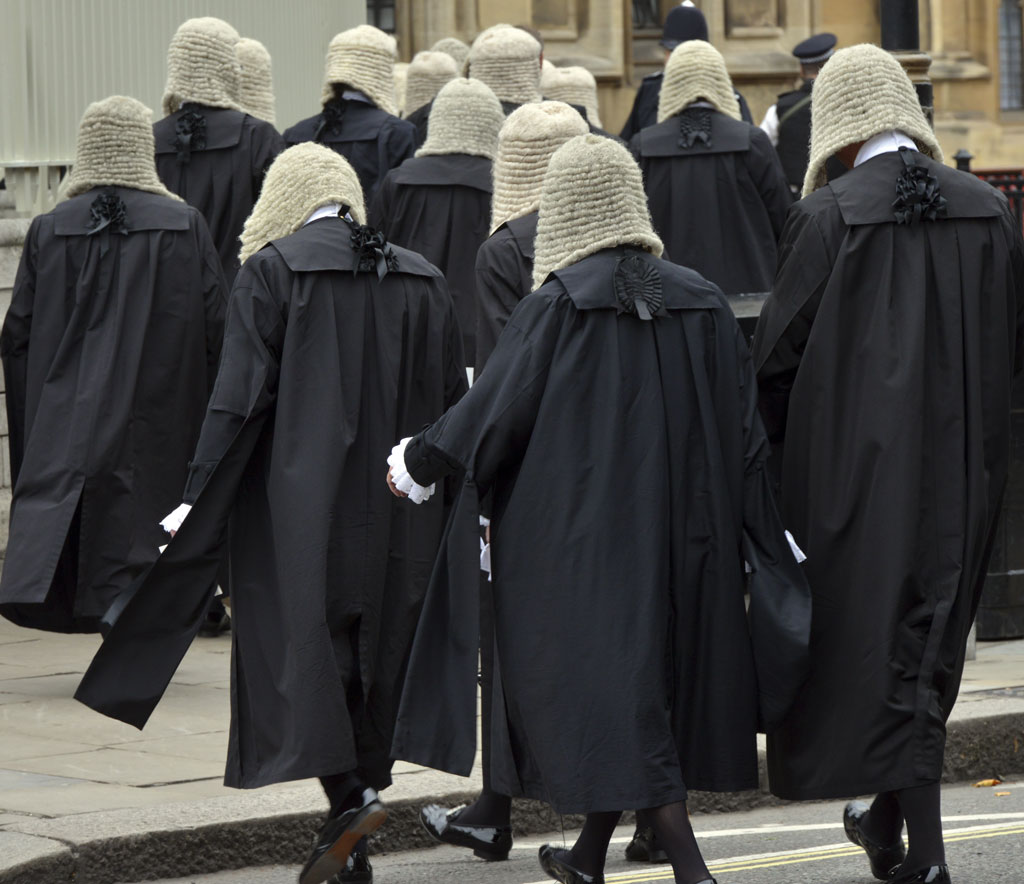
Is there a judge’s jurisdictional problem, asks Alec Samuels
Lawyers tend to think in terms of civil or family or criminal. New QCs are classified in this way. The High Court is divided into Queen’s Bench, Family and Chancery, though subdivisions appear such as Admiralty, Commercial, Technology and Construction, and Planning in the Queen’s Bench, Court of Protection in Family, and Companies and Bankruptcy and Patents in Chancery. Public law and human rights law come largely by way of judicial review through the Administrative Court. Increasingly today the practitioner tends to specialise more and more in an ever-narrowing area of work, particularly the barrister but also, albeit to a lesser extent, the solicitor. The practitioner responds to the demands and opportunities of the market. Legal life seems to be getting ever more complicated—and specialised.
Diverse work
Now it is most unlikely that the judge can remain anything like so specialised. The circuit or county court judge may be largely civil or largely criminal, but usually he may be called upon to handle almost any case. The High Court judge will be assigned to a division,











